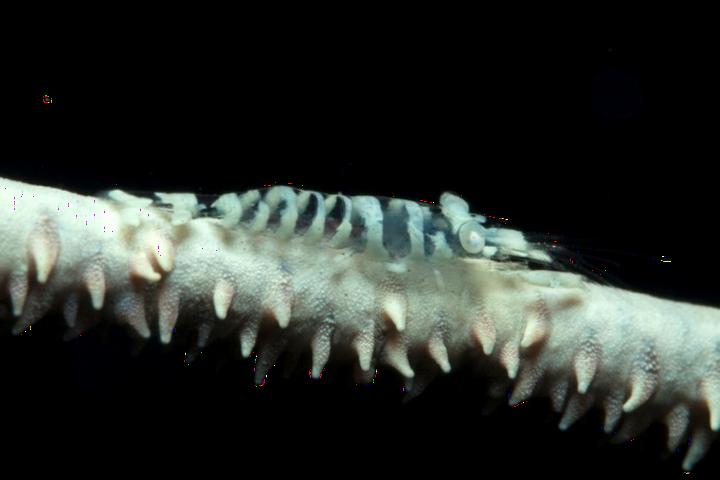
I am a marine biologist studying the polychaete family Serpulidae, worms living in a self-secreted calcareous tube. As Bachelor student (University Utrecht) I became interested in them (1965), leading to a PhD in 1975. I never lost this passion, taking part in several (oceanographic and diving) expeditions to collect polychaetes in subtropical and tropical areas, Caribbean, Atlantic, Mediterranean, Indian Ocean, Indonesia and Australia. After my retirement (2007), from the Zoological Museum Amsterdam, I stayed on as research associate, the last 12 years in Naturalis.
Keywords
Taxonomy, biogeography, phylogeny, marine biodiversity, ecology, invasive species, conservation, Serpulidae
Researchinterest
Having started with systematics of the calcareous tubeworms from the Caribbean, over the years my research extended to almost all aspects of serpulid life world-wide, taxonomy, biogeography, phylogeny and ecology.
Tubeworms are an important component in ship-fouling, becoming invasive species, even constructing reef-like structures. With colleague scientists, morphology based taxonomy has been tested against DNA based phylogeny. Occasionally Fossil serpulid remains were linked to Recent material. The last years various my research highlighted ecological aspects of serpulid life such as symbiosis with corals and invasive species.

Currenttopics
- The revival of massive occurrence of the invasive polychaete Ficopomatus enigmaticus (Fauvel, 1923) in the Caspian Sea
- The elusive/cryptic symbiont of corals Pseudovermilia madracicola (Annelida, Polychaeta)
- Serpulids (Polychaeta, Annelida) from the Pleistocene of Krishna-Godavari Basin methane seeps, Indian Ocean
- A taxonomic review of the genera Chitinopoma Levinsen, 1884, Chitinopomoides Benham, 1927 and Filogranula Langerhans, 1884 (Serpulidae, Polychaeta) with the description of a new species

Caribbean marine biodiversity
Keypublications
- Kupriyanova E.K., Sun Y, E. Wong E., ten Hove H.A. 2023. Calcareous tubeworms of the genus Hydroides of the world. CSIRO Publishing, CRC Press, x + 238 pp, ISBN: 9781486311606 (epub)
- Kupriyanova E., ten Hove H.A., Rouse G.W. 2023. Phylogeny of Serpulidae (Annelida, Polychaeta) Inferred from morphology and DNA sequences, with a new classification. Diversity, 2023 15, 398. https://doi.org/10.3390/d15030398
- Samimi-Namin K., ten Hove H.A., Claereboudt M.R., Paulay G., Hoeksema B.W. 2022. Short-Lived aggregations of Filograna/Salmacina tube worms in the Gulf of Oman. Diversity 2022, 14, 902. https://doi.org/10.3390/ d14110902
- Muller E., de Gier W., ten Hove H.A., van Moorsel G.W.N.M., Hoeksema B.W. 2020. Nocturnal predation of Christmas tree worms by a batwing coral crab at Bonaire (Southern Caribbean). Diversity 2020, 12, 455. https://doi:10.3390/d12120455
- Tovar-Hernández M.A., ten Hove H.A., Vinn O., Zaton M., de León-González J.A., García-Garza M.E. 2020. Fan worms (Annelida: Sabellidae) from Indonesia collected by the Snellius II Expedition (1984) with descriptions of three new species and tube microstructure. PeerJ 8:e9692. DOI 10.7717/peerj.9692
- Hoeksema B.W., García-Hernández J.E., van Moorsel G.W.N.M., Olthof G., ten Hove H.A. 2020. Extension of the recorded host range of Caribbean Christmas tree worms (Spirobranchus spp.) with two scleractinians, a zoantharian, and an ascidian. Diversity 2020, 12, 115. HTTPS://doi:10.3390/d12030115
